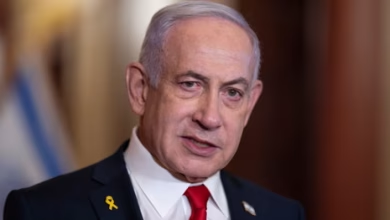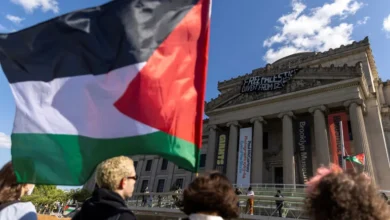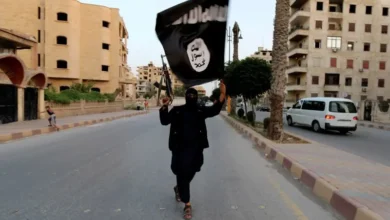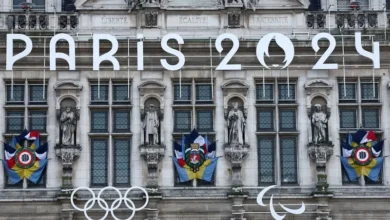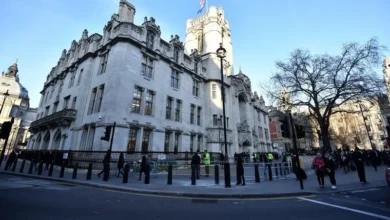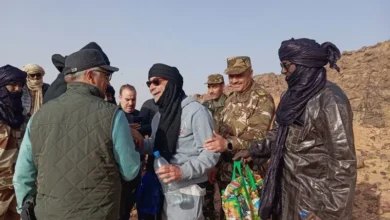What’s the ICJ case against Israel’s illegal occupation of Palestine?
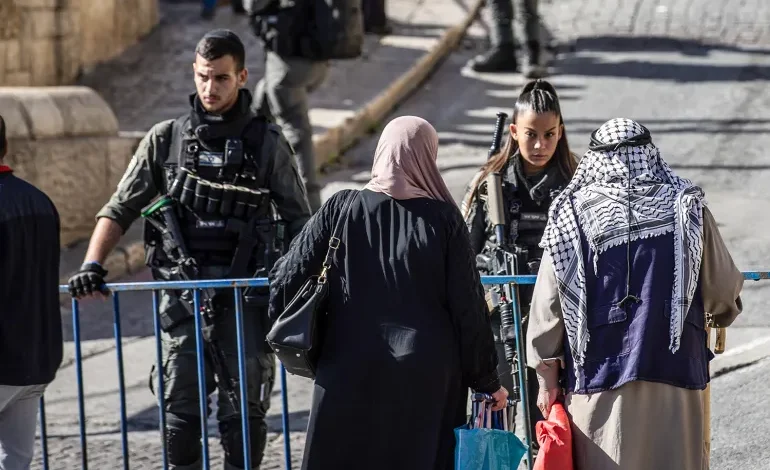
The International Court of Justice will begin hearings on Monday in a case against Israel’s occupation of Palestinian territories, barely a month after it issued a series of directions to Tel Aviv in a separate case where it is accused of genocidal acts in the Gaza Strip.
In a first-of-its-kind case, at least 52 countries will present arguments on controversial Israeli policies in the West Bank, the Gaza Strip and occupied East Jerusalem. It’s the largest number of parties to participate in any single ICJ case since the court was established in 1945.
Israeli authorities, since 1967, have illegally occupied the West Bank and East Jerusalem – part of Palestine under the United Nations-determined division of historic Palestine in 1948 – running a system that restricts the citizenship rights of Palestinians, hampers their free movement and strips them of ancestral lands. Between 1967 and 2005, Israel also directly occupied Gaza, and since 2007, has imposed a land, sea and air blockade on the coastal enclave. It decides what food, water, medicines, fuel, construction material and other commodities can go into Gaza, and stops their flow when it wants.
Even as the war on Gaza is now in its fifth month, Palestinians in the West Bank have come under increased attacks from Israeli forces, with hundreds of people killed.
In a statement last week, the ICJ said oral arguments in the case would last for about a week, during which all countries, as well as three international organisations, are expected to state why they support or oppose Israel’s measures. Tel Aviv has declined to present, choosing to submit a written argument instead. A court ruling is likely in several months.
Who brought the case against Israel?
The case was triggered by a request from the UN General Assembly (UNGA) on December 30, 2022, when a majority of members voted to seek the court’s opinion on the legal consequences of the continuing Israeli occupation of Palestine. Arab countries, Russia and China voted in favour of the move, while Israel, the US, Germany and 24 others voted against it.
During the Six-Day War in 1967, Israel occupied East Jerusalem and the West Bank, which were formerly under Jordanian control, and with an Arab-majority population. Most countries and the UN still view occupied East Jerusalem as the capital of a future Palestinian state, and regard Israel’s occupation as illegal under international law.
In a long missive to the ICJ, signed by UN Secretary-General Antonio Guterres, the UNGA asked judges to answer questions about how the rights of Palestinans are being affected by the occupation and continuing attempts to displace them, as well as what the responsibilities of the UN and its member states were in the face of those violations.
“What are the legal consequences … from the ongoing violation by Israel of the right of the Palestinian people to self-determination, from its prolonged occupation, settlement and annexation … aimed at altering the demographic composition, character and status of the Holy City of Jerusalem, and from its adoption of related discriminatory legislation and measures?” the UNGA missive asked.


